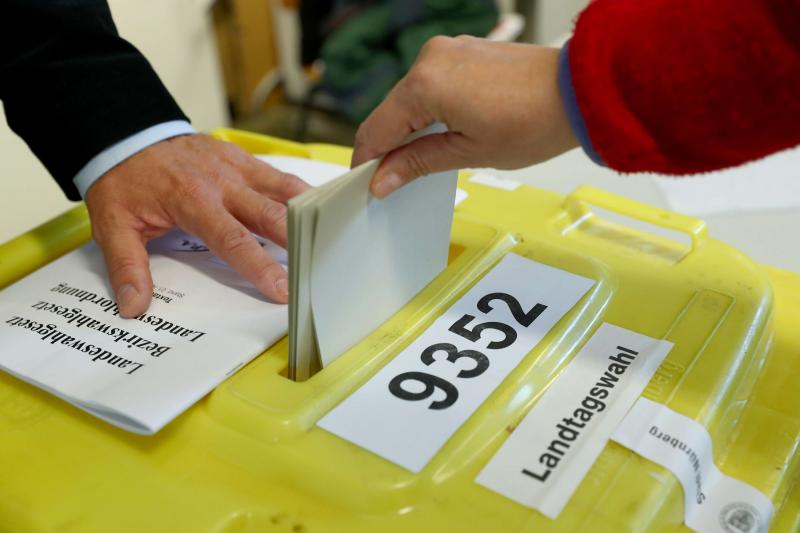If there’s a lesson from Germany’s regional election in Bavaria, it is about foolish choices in political fashion.
If a centrist party appropriates the style of the far right, the new silhouette may end up looking absurd, false and opportunistic. That’s what happened October 14 with the Christian Social Union (CSU) in Bavaria. It tried on a hard-line stance on migration, in obvious mimicry of the far-right Alternative for Germany (AfD) and it wound up losing voters left and right. After nearly 70 years of political dominance in Bavaria, the CSU lost more than 10 percentage points of support compared to the 2013 election.
The CSU remains Bavaria’s largest party but the election results mean it is no longer able to govern on its own. Having haemorrhaged votes to the left-liberal newly centrist Greens, the rightish-localist Free Voters as well as to the AfD, the CSU must somehow form a coalition. This will temper its policy choices in government. It will be in office but not wholly in power.
Clearly, that’s what the Bavarian electorate wanted. Voters discerned the CSU was trying to steal the clothes of another political party even though they didn’t fit, didn’t really suit it and weren’t worn with any particular flair or verve. Bavarian voters didn’t approve of fashion larceny and they don’t seem to have liked the game of dress-up, either. As with haute couture, political fashion works best when it is real, understated and dressy, without veering into costume or parody.
The CSU’s policy faux pas is instructive at a time anti-migrant Islamophobic is newly glam in the West. The mutton-sleeve style of rhetoric — big and blowsy — appears to be drowning out more structured political discourse.
In the United States, there is Donald Trump, with his blood-and-soil, evangelical Christian nativism. From Poland to Austria, Hungary, Italy and Sweden, nationalism and hostility to migrants increasingly seem a vote-winning strategy. From France, through to the Netherlands, big-tent traditional parties appear to be engaged in a hard-fought battle for relevance. In the United Kingdom, the two traditional parties remain strong but the governing Conservatives have occasionally added right-wing policy frills and furbelows to rejig their look.
And yet, it has taken Bavaria to understand the limits of copycat political fashion.
Here’s what the CSU’s decline in Bavaria suggests:
· Taking a hard line on immigration may not always be a winning strategy.
· The far-right’s core support will turn out for the party that authentically champions that cause, as was seen in the AfD winning just more than 10% of votes in Bavaria. This allows it to enter the Bavarian parliament for the first time but the AfD’s gains appeared to have been limited to its base and it did not pick up votes more broadly.
· Moderate voters are turned off by centrist parties’ imitative attempts to appeal to the far-right base and may turn to more rational political options. Bavaria’s Greens, who champion the environment, refugee rights, social justice and deeper European integration, scooped up 17.5% of the vote and became the second-largest party in the state.
Some of these lessons were apparent in other European elections long before Bavaria. In France, Marine Le Pen’s far-right party lost to the more inclusive agenda offered by the upstart Emmanuel Macron and his hastily cobbled En Marche. In Holland, a few months before the French presidential election, incumbent Prime Minister Mark Rutte’s People’s Party for Freedom and Democracy emerged as the strongest force in the Dutch parliament, besting his Islam-bashing right-wing Trumpian opponent with a simple message: “Geert Wilders is chaos.”
Even so, Bavaria sends a clear message. Europe’s centrist politicians must eschew the temptation to try right-wing knock-offs. Voters with far-right sympathies will go for the real thing but the majority remains in the centre.


